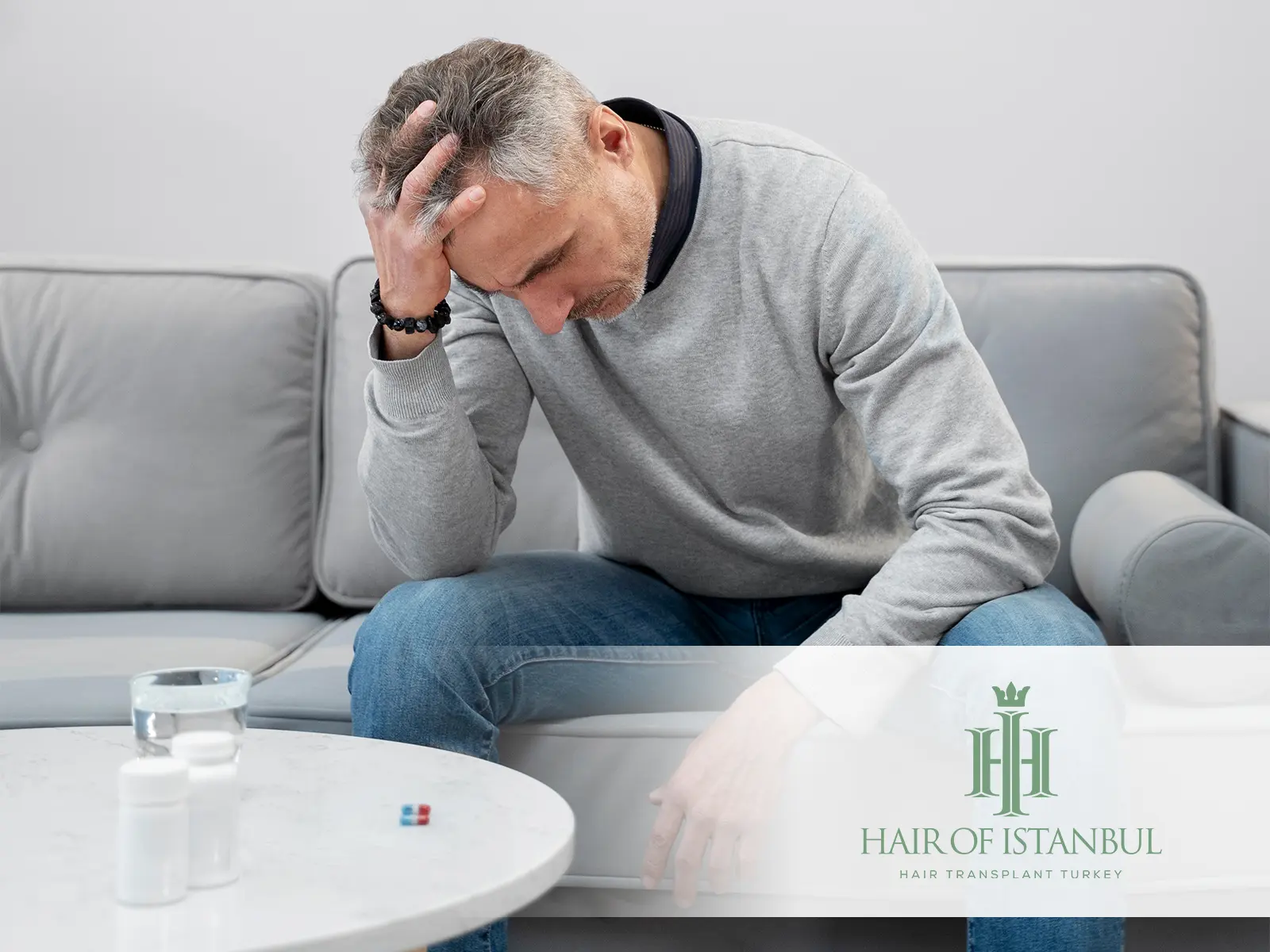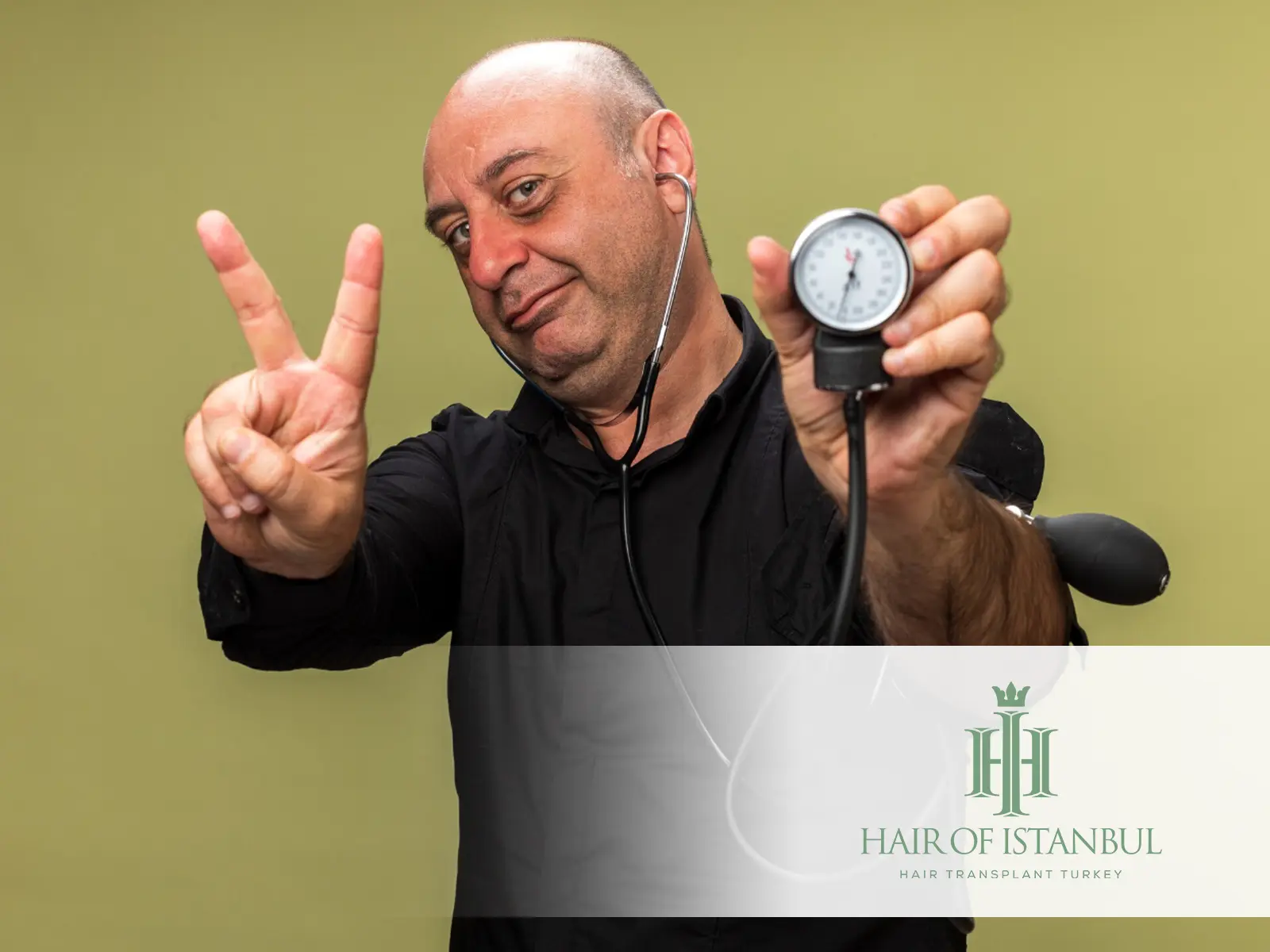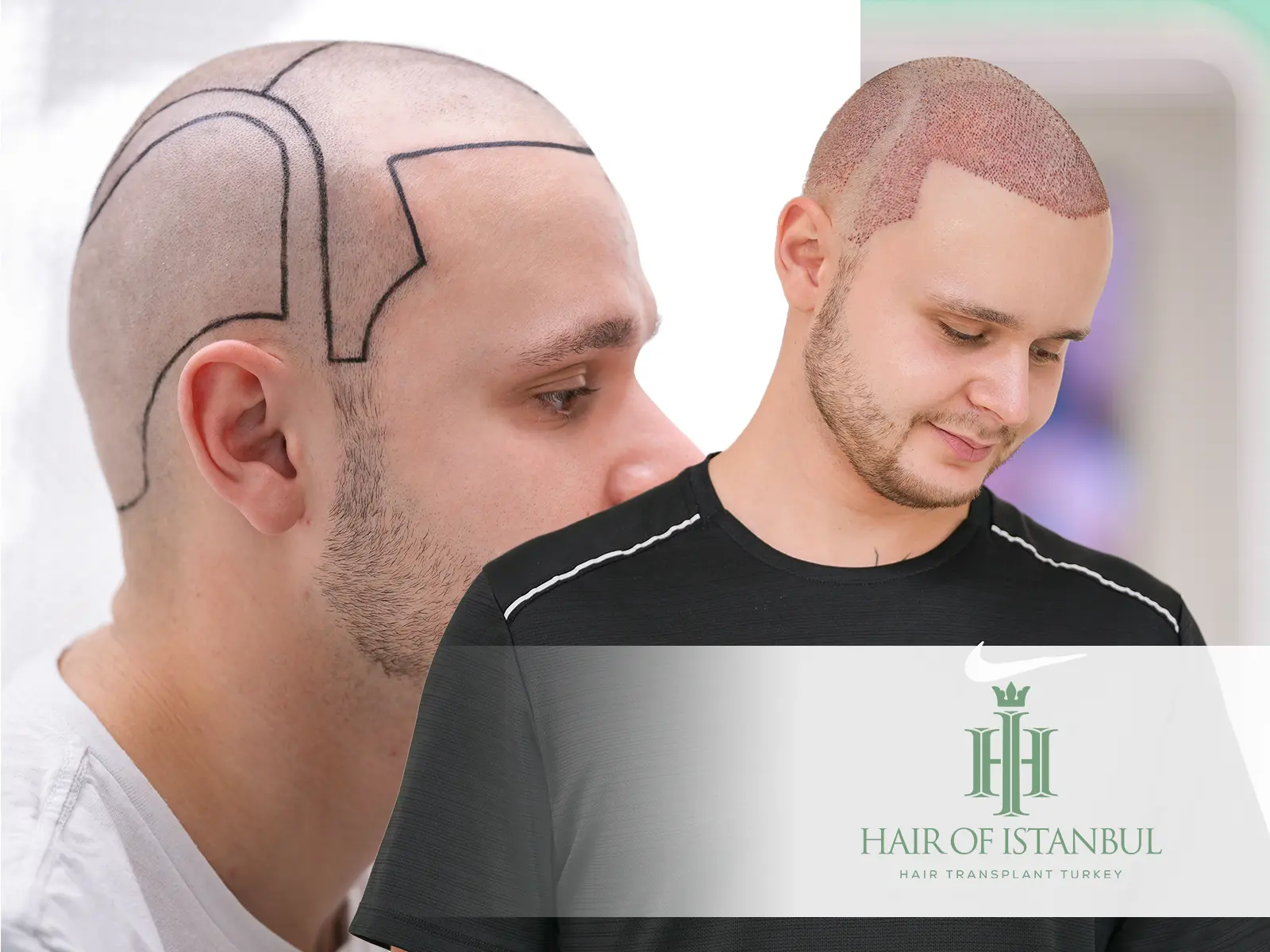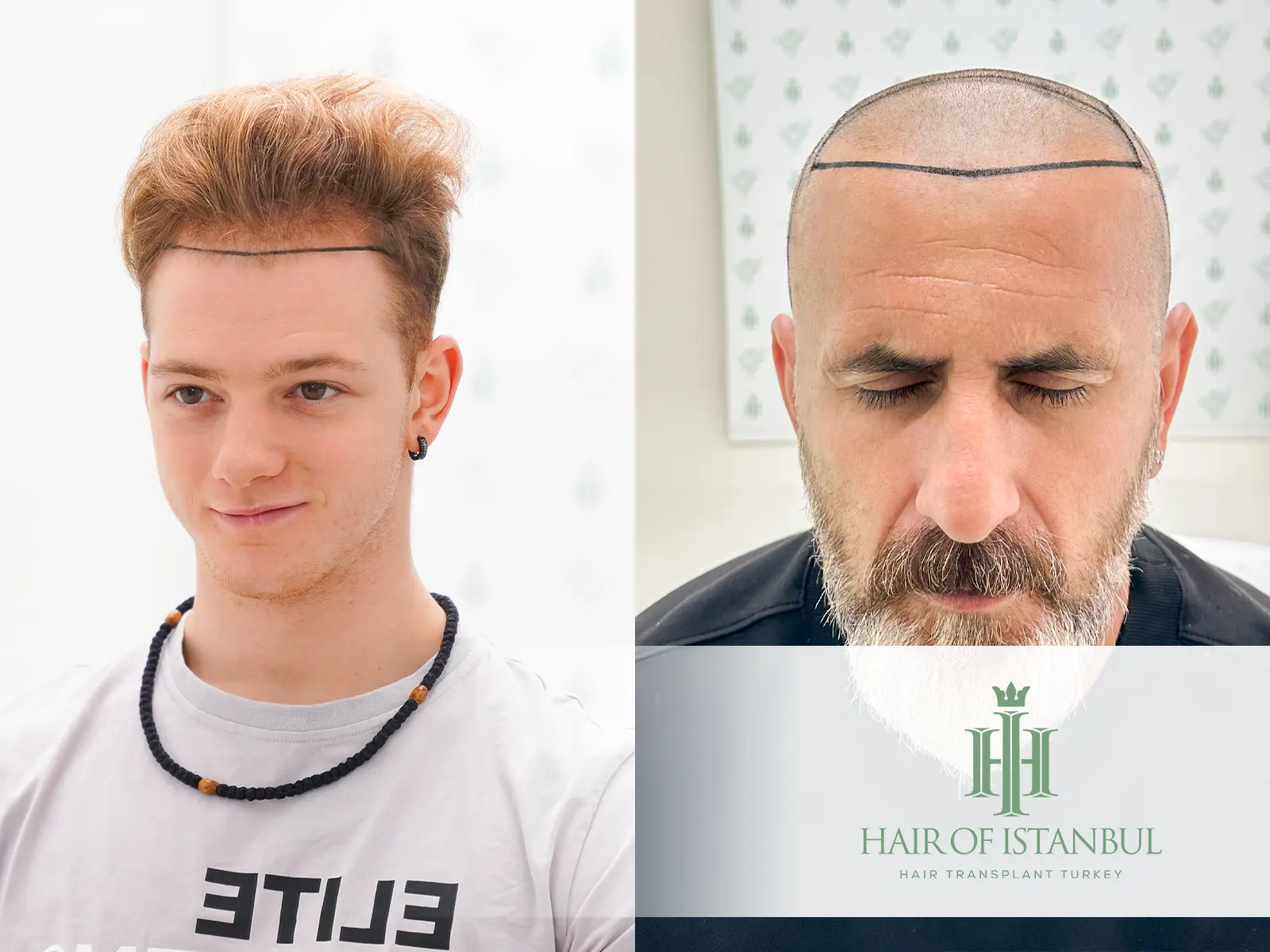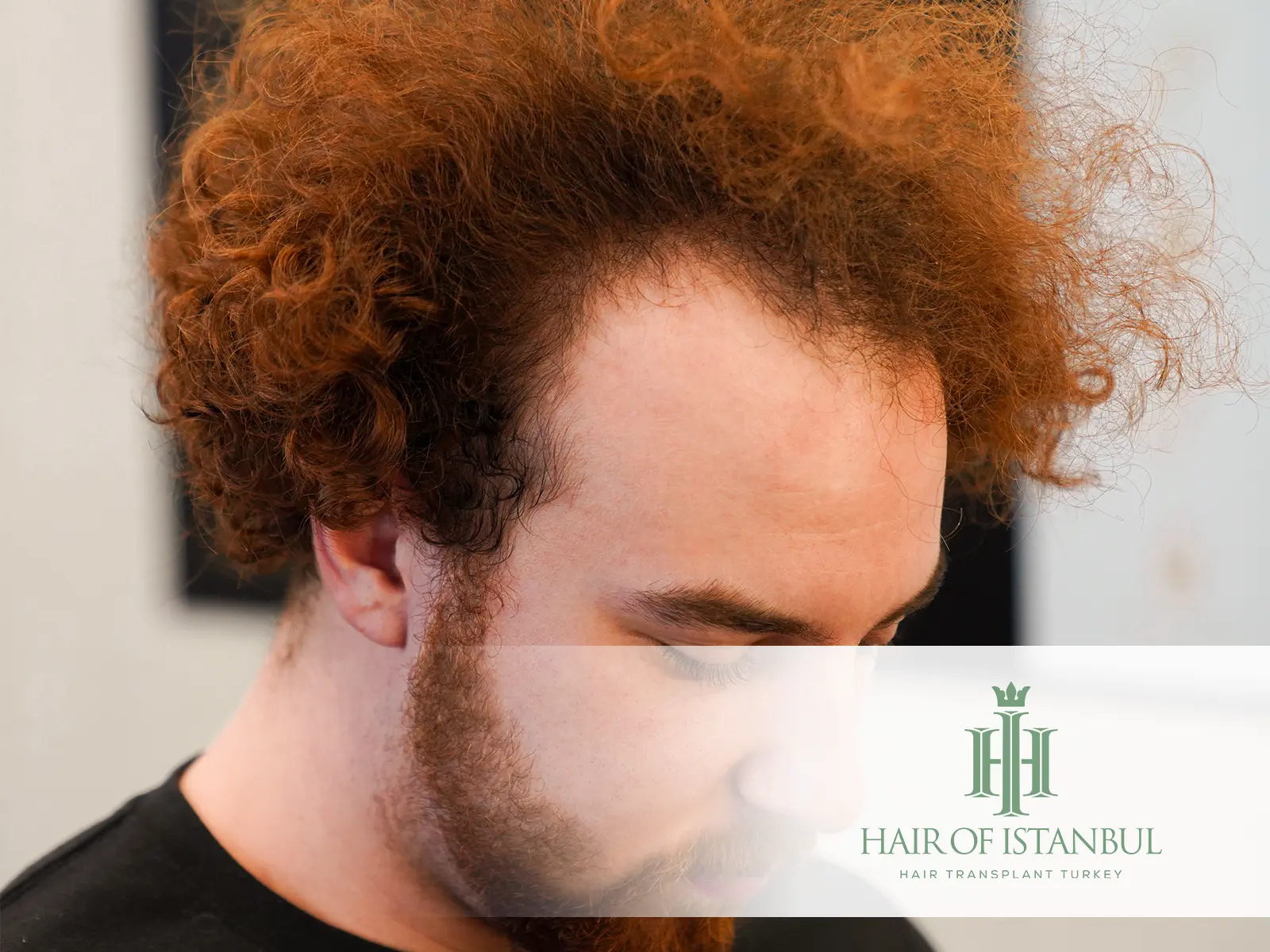Hair Transplant and Psychiatric Medications: Key Insights for a Safe Procedure
For individuals planning a hair transplant, being under psychiatric treatment introduces a special layer of consideration. Whether it’s antidepressants, mood stabilizers, or antipsychotic medications, each can have implications for both the surgical process and the healing period.
A safe and effective hair transplant requires more than just choosing the right clinic it involves honest dialogue between your medical providers and understanding the relationship between Hair Transplant and Psychiatric Medications.
Understanding the Interaction Between Mental Health and Hair Restoration
Psychiatric medications, while essential for mental stability, may contribute to temporary hair loss or interfere with the body’s healing processes. Some individuals experiencing hair thinning might actually be reacting to long-term medication use rather than genetic hair loss.
This is why the topic of Hair Transplant and Psychiatric Medications should always be addressed early in the treatment planning process. At Hair of Istanbul, each patient’s health history is thoroughly reviewed to ensure that ongoing psychiatric therapy does not conflict with the hair restoration journey.
Importance of Disclosing Psychiatric Medications Before Surgery
One of the most important steps before any procedure is providing a full and honest medical history. This includes current or past psychiatric treatment. Certain drugs may increase sensitivity to anesthesia or impact healing after surgery.
Discussing your current mental health treatment ensures that your Hair Transplant and Psychiatric Medications are assessed properly. In Hair of Istanbul’s hair transplant clinic, confidentiality and individualized care are guaranteed throughout this process.

Impact of Common Psychiatric Medications on Hair and Recovery
Many people worry about whether their psychiatric medications can lead to hair loss. While this varies from person to person, medications such as antidepressants or mood stabilizers may cause mild shedding. This often resolves naturally over time.
For patients undergoing a hair transplant surgery, the focus is on ensuring that the scalp is healthy and that no medication interferes with graft survival. That’s why planning around both Hair Transplant and Psychiatric Medications is essential.

Can You Stop Medication Before a Hair Transplant?
Deciding to stop or adjust psychiatric medications without professional supervision can be risky. In most cases, mental health stability is a top priority. Your psychiatrist and hair transplant specialist should collaborate to develop a plan that keeps you safe before, during, and after the procedure.
Any change in medication should only be made under the direction of your healthcare providers. This coordination is vital for balancing mental wellness and successful outcomes related to Hair Transplant and Psychiatric Medications.
How Clinics Manage Psychiatric Medication Cases
At Hair of Istanbul, a multidisciplinary approach is adopted for patients who are on psychiatric medication. Your assigned consultant reviews your treatment status and communicates with medical staff to determine any precautions necessary.
This ensures a seamless and secure approach to your hair restoration journey, particularly when your case involves the overlap of Hair Transplant and Psychiatric Medications.
Post Transplant Care with Ongoing Psychiatric Treatment
Following a transplant, your body enters a healing phase. Some psychiatric medications can affect immune responses or slow down wound healing. That’s why having a proper hair transplant care after protocol that considers ongoing mental health treatment is crucial.
This doesn’t mean surgery isn’t possible—rather, it requires thoughtful timing and monitoring. Clear communication between your surgical team and psychiatrist leads to better recovery and peace of mind.
Before and After Hair Transplant: What Changes to Expect
If you are worried about how your mental health medication might affect your hair results, seeing before and after hair transplant images can be reassuring. Many patients using psychiatric medications have undergone successful hair transplants with long-lasting, natural results.
The key is building a plan that places both physical and mental health at the center of the Hair Transplant and Psychiatric Medications conversation.
Bu gönderiyi Instagram’da gör
Women, Hair Transplant, and Psychiatric Care
Women undergoing female hair transplant often have unique concerns regarding hormonal balance, medication use, and hair loss. Mental health conditions such as anxiety and depression can sometimes be more prevalent among women considering surgery.
By addressing both mental and physical concerns in advance, a smoother, safer experience can be achieved. Understanding the intersection between Hair Transplant and Psychiatric Medications is vital in delivering successful outcomes for female patients.
Planning a Hair Transplant in Turkey with Medication in Mind
Many patients travel for hair transplant in Turkey, particularly to trusted clinics like Hair of Istanbul. If you’re coming from abroad and are currently taking psychiatric medication, it’s especially important to prepare in advance.
Sharing a complete medical profile before traveling helps ensure that your Hair Transplant and Psychiatric Medications are managed correctly upon arrival and throughout the post-op period.
Conclusion
A hair transplant is not just a cosmetic procedure it is a health journey. When psychiatric treatment is part of your medical background, your surgical plan should be even more precise and personalized.
By aligning your Hair Transplant and Psychiatric Medications strategy through open communication and expert guidance, you can safely pursue your hair restoration goals without compromising mental stability.
To get the most out of your experience, speak with the medical team at Hair of Istanbul and take the first step toward a confident, informed decision.

